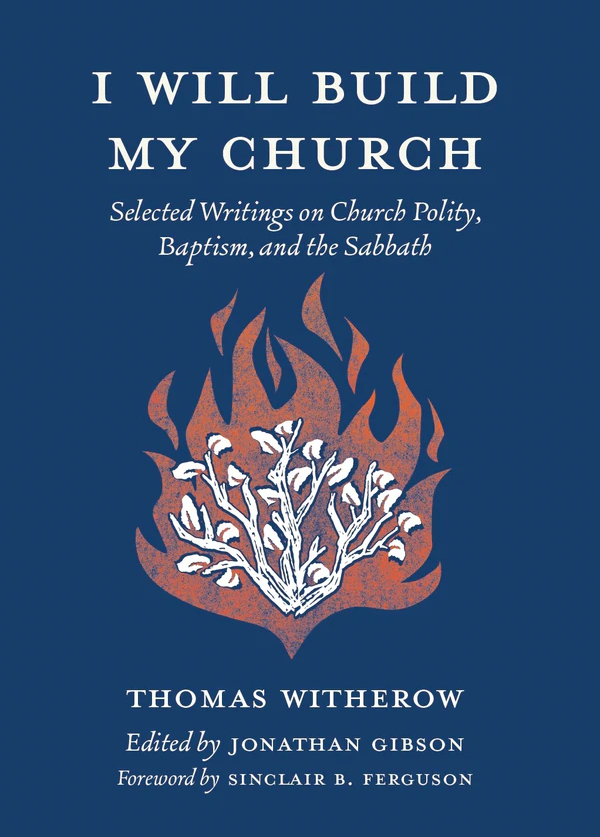On Islam by Abraham Kuyper, published by Lexham Press, is a work that offers a Christian perspective on Islam, providing readers with an analysis of Islamic theology, history, and its socio-political implications. Kuyper, a prominent Dutch theologian and politician, approaches Islam not merely as a distant religious system but as a significant global force that shapes the lives of millions. His examination is rooted in a Christian worldview, aiming to understand Islam in its own terms while also critiquing it through the lens of Reformed theology.
The book is divided into several sections, each dealing with different aspects of Islam. Kuyper begins with an exploration of Islamic theology, focusing on the central tenets of the faith such as the concept of Allah, the role of Muhammad as the final prophet, and the authority of the Qur’an. He then moves on to discuss the historical development of Islam, tracing its expansion from the Arabian Peninsula to various parts of the world. Kuyper is particularly interested in how Islamic beliefs have influenced the cultures and political structures of the regions where Islam has gained a foothold.
Kuyper’s work also addresses the challenges that Islam poses to Christianity and Western society. He engages with the ways in which Islamic law (Sharia) and worldview conflict with Christian doctrines and the principles of Western democracy. Throughout the book, Kuyper emphasizes the need for Christians to understand Islam deeply, not only to engage with Muslims but also to respond to the ideological and theological challenges that Islam presents.
Kuyper’s deep understanding of both Christian theology and the socio-political dynamics of his time positions him as a credible and insightful commentator on Islam. His background as a theologian is evident in his careful analysis of Islamic doctrine, while his experience as a politician informs his understanding of the broader implications of Islam in the global context. Kuyper’s ability to bridge the gap between theology and public life makes his work particularly valuable for readers who are interested in the intersection of faith and culture.
The content of On Islam is rich with insights that help readers understand the complexities of Islam and its place in the world. Kuyper’s approach is both analytical and practical, as he not only explains the core beliefs of Islam but also considers how these beliefs manifest in the lives of Muslims and the societies they inhabit. This makes the book particularly useful for Christians who seek to engage with Muslims thoughtfully and respectfully.
Kuyper’s use of the Bible is strategic and pointed. He frequently contrasts Islamic teachings with Christian doctrine, highlighting key differences such as the nature of God, the person and work of Jesus Christ, and the role of Scripture. For instance, Kuyper emphasizes the Christian understanding of God’s triune nature in contrast to the strict monotheism of Islam.
The cover and binding of On Islam are reflective of the book’s academic yet accessible nature. The design is simple and elegant, with a focus on clarity and readability. The cover features a subtle yet striking color scheme, which gives the book a professional appearance suitable for both personal libraries and academic settings. The binding is sturdy, ensuring that the book will hold up to repeated readings and study sessions.
When comparing On Islam to other Christian works on Islam, such as James R. White’s What Every Christian Needs to Know About the Qur’an and Nabeel Qureshi’s No God But One: Allah or Jesus?, Kuyper’s book stands out for its historical depth and theological rigor. While White and Qureshi provide valuable insights into the Qur’an and the differences between Islam and Christianity, Kuyper offers a more comprehensive view that includes not only theological analysis but also historical and cultural perspectives.
White’s work, for example, focuses primarily on a detailed examination of Islamic texts, aiming to equip Christians with knowledge about the Qur’an and its teachings. Qureshi, on the other hand, offers a personal narrative intertwined with theological reflection, providing a more accessible and emotionally engaging approach. Kuyper’s On Islam, in contrast, provides a broader scope that situates Islam within the larger context of world history and global politics, making it a valuable resource for those looking to understand the religion’s impact on a macro level.
Overall, On Islam by Abraham Kuyper is a valuable resource for Christians seeking to engage with Islam thoughtfully and biblically. Kuyper’s blend of theological analysis, historical insight, and practical application makes this book an excellent tool for pastors, laymen, and scholars alike.
“I received On Islam by Lexham Press for the purpose of an unbiased review. I have not received any compensation for providing a positive review. My opinions are entirely my own and reflect my sincere evaluation of the book.”
Book Details:
- Title: On Islam
- Author: Abraham Kuyper
- Publisher: Lexham Press


